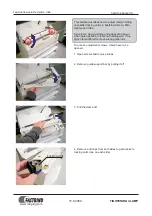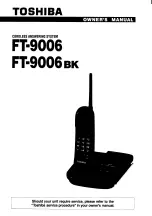
2
1.
2
.
3.
4.
5.
6.
7.
8.
9.
10.
11.
12.
13.
14.
15
.
16.
19.
18.
17.
20.
21.
22.
23.
24.
29.
25.
27.
26.
28.
17.
Spool pin
18.
Spool holders
19.
Thread cutter for bobbin winding
20.
Recess for additional spool pin
21.
Bobbin spindle
22.
Handwheel
23.
Stitch selector
24.
Stitch width dial
25.
Stitch length dial
26.
Reverse
27.
Drop feed teeth
28.
Main power switch, Connection to
power
supply
29.
Thread cutter
1.
Lid
2.
Thread take-up lever
3.
Presser foot pressure dial
4.
Thread guide
5.
Thread guide for bobbin winding
6.
Light
7.
Needle bar with needle clamp
8.
Presser bar and Presser foot ankle
9.
Presser foot
10.
Bobbin cover
11.
Free arm
12.
Base plate
13.
Needle plate
14.
Needle clamp screw
15.
Presser foot lever
16.
Thread tension dial
Overview
Summary of Contents for Lena
Page 1: ...K E E P I N G T H E W O R L D S E W I N G User s Guide ...
Page 30: ......





































